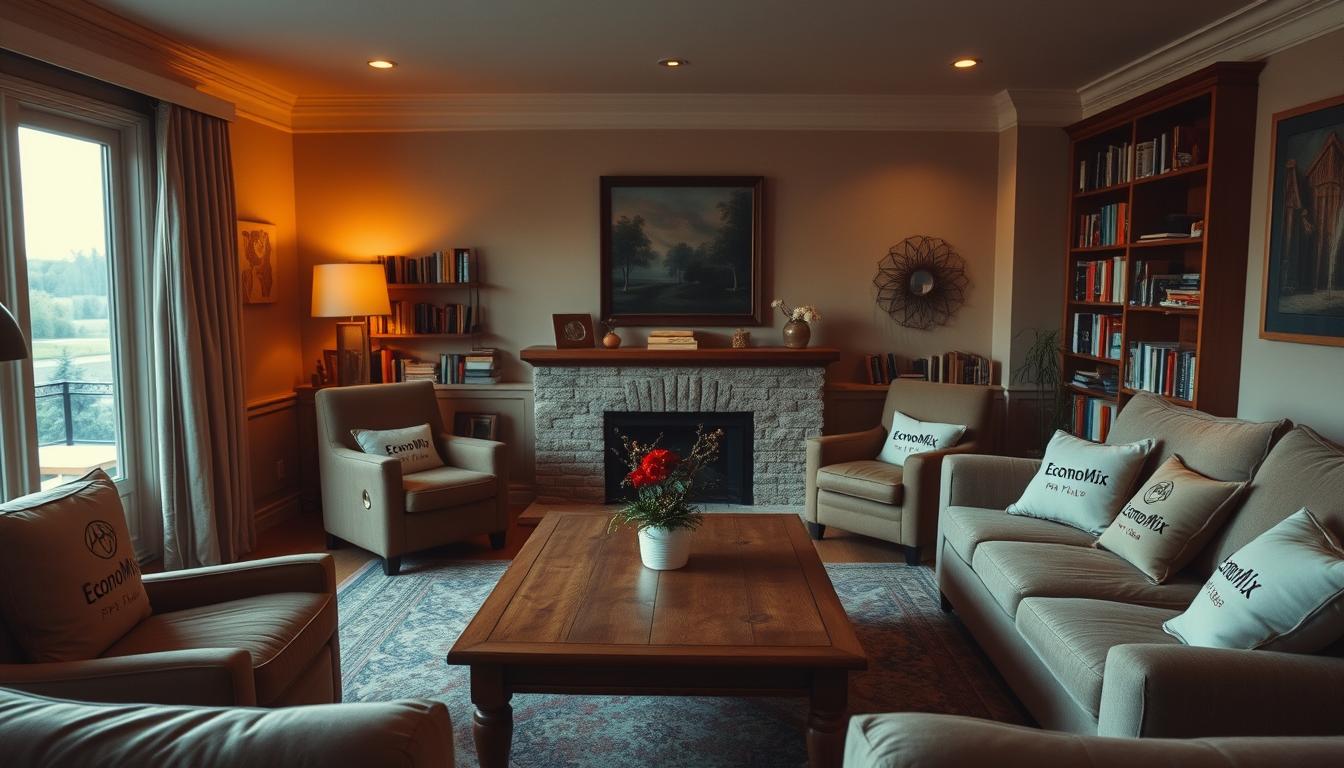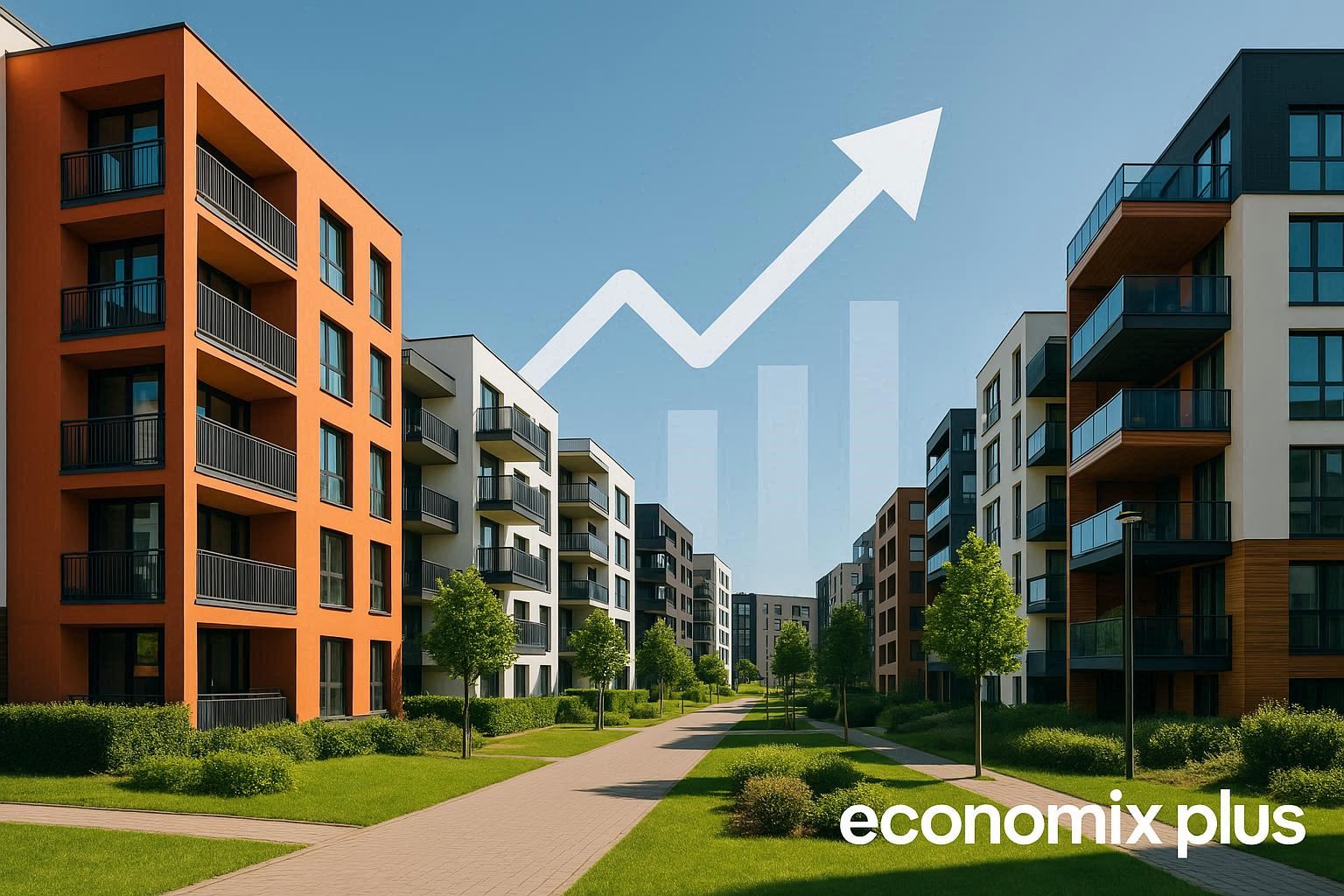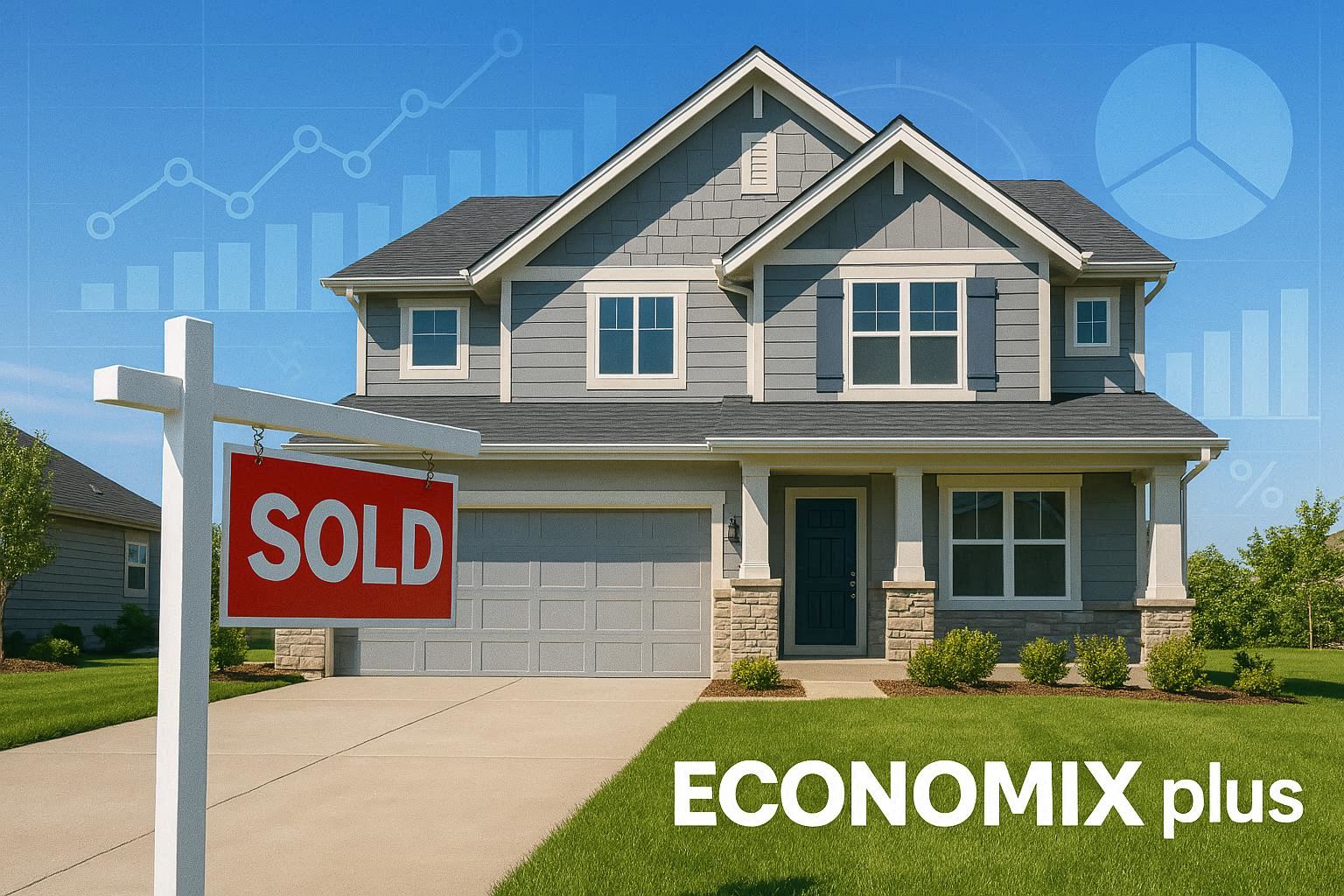Are you torn between renting a home and buying one? This decision is one of the most significant financial choices you’ll make, impacting your wealth and lifestyle for years to come.
Your financial situation, future plans, and lifestyle all play a crucial role in determining whether renting flexibility or homeownership stability is the better option for you.
Key Takeaways
- Understand the full financial impact of your housing decision.
- Consider your current life stage and career trajectory.
- Weigh the benefits of renting against the equity of buying.
- Align your housing decision with your long-term goals.
- Make an informed decision that supports your financial future.
Understanding Your Housing Options
Understanding your housing options requires a careful examination of your financial situation and future plans. This decision is not just about comparing monthly payments; it’s about understanding how your choice affects your overall financial health and lifestyle.

Financial Implications of Housing Decisions
The financial implications of choosing to rent or buy a home are significant. Renting typically involves predictable monthly costs, while homeownership comes with variable expenses like maintenance and property taxes. Your financial situation will dictate which option is more feasible.
How Your Lifestyle Affects Your Choice
Your lifestyle and future plans also play a crucial role in deciding whether to rent or buy. For instance, if you have a growing family, the stability of homeownership might be beneficial. On the other hand, if you’re a young professional with uncertain career paths, the flexibility of renting might be more advantageous. Consider the benefits of each option in the context of your lifestyle.
In conclusion, the decision to rent or buy depends on a variety of factors, including your financial readiness, career stability, and personal preferences. It’s essential to weigh the case for each option carefully.
The Benefits of Homeownership
Becoming a homeowner opens the door to several financial and personal benefits. As you invest in a property, you begin to build a valuable asset that can appreciate over time.
Building Equity as a Long-Term Investment
With each mortgage payment, you build home equity, creating a forced savings mechanism that increases your net worth. This equity can be a significant source of long-term financial independence.
Stability in Monthly Payments
A fixed-rate mortgage provides stability in your monthly payment, shielding you from rising rental rates and inflation. This predictability is a significant advantage of homeownership.
Freedom to Customize Your Space
As a homeowner, you have the freedom to make changes to your living space, allowing you to tailor it to your needs without needing approval from a landlord. This flexibility is a key benefit, enabling you to create a home that suits your lifestyle.

Overall, homeownership offers many benefits, from financial stability to personal satisfaction.
Why Renting Might Be Your Better Option
Renting can be a more flexible and less risky choice compared to homeownership. With the rising costs of housing, it’s essential to consider the benefits of renting.
Lower Upfront Costs and Financial Flexibility
Renting requires significantly less money upfront compared to buying a home. You’ll typically need a security deposit and first/last month’s rent, which is lower than the down payment required for a mortgage. This financial flexibility allows you to invest your capital elsewhere, potentially yielding higher returns through diversified investments.
Freedom to Relocate Without Selling
As a renter, you have the freedom to relocate for career opportunities or personal reasons without the burden of selling a property. This is particularly valuable in today’s dynamic job market, where career mobility is crucial.
Avoiding Market Risks and Maintenance Responsibilities
Renting shields you from real estate market risks, such as owing more on your mortgage than your home is worth during market downturns. Additionally, your landlord is responsible for maintenance repairs, eliminating the unpredictable costs of home repairs that can derail homeowners’ budgets. 
Rent or Buy? The Choice That Shapes Your Future
The rent vs. buy dilemma requires careful consideration of your credit score and financial stability. Your credit scores significantly impact both renting and buying options.
Assessing Your Credit Score and Financial Readiness
Higher credit scores can secure lower mortgage interest rates, potentially saving thousands over the loan term. To learn more about credit scores, check out CreditSmart® Essentials by Freddie Mac.
Calculating What You Can Truly Afford
Understanding how much you can afford requires looking beyond basic mortgage calculators to consider the total cost of homeownership, including property taxes and insurance.
Saving for Down Payment vs. Security Deposit
Down payment requirements are a significant barrier to homeownership, but down payment assistance programs can help. Use our home affordability calculator to determine how much you can afford.
By considering these factors and using tools like our Rent vs. Buy Calculator, you can make an informed decision that shapes your future.
Conclusion: Making Your Decision With Confidence
Deciding whether to rent or buy a home requires careful consideration of your financial situation and long-term goals. Your decision should be guided by a thorough assessment of your credit score, financial readiness, and the local housing market. If you’re planning to stay in an area for less than 5 years, renting might be the more financially prudent choice due to the high transaction costs associated with buying and selling a home.
Consider consulting with a qualified housing counselor to get personalized guidance tailored to your specific financial profile and housing market. This can help you develop a strategic plan, whether you choose to rent or buy, ensuring your decision supports your vision for the future.














